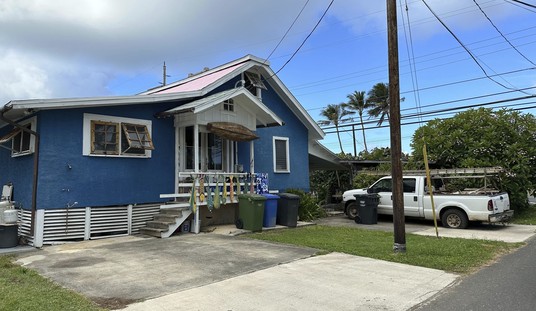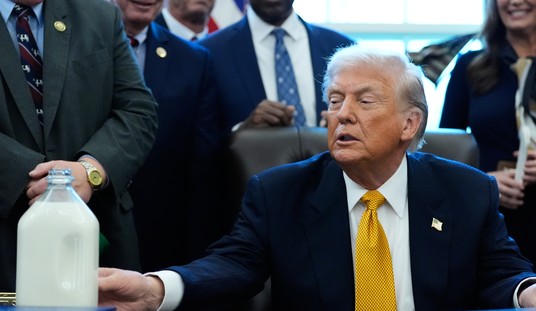"Minimum Wage Cruelty" (4/14/10) was my column about the unemployment effects of Congress' 2007 minimum wage increase on the canning industry in American Samoa, a U.S. territory in the far Pacific Ocean. The 2007 legislation mandated 50 cents annual increases in Samoan minimum wages until it reached the U.S. mainland's hourly minimum of $7.25. In response, Chicken of the Sea International moved its operation from Samoa to a highly automated cannery plant in Lyons, Ga. That resulted in roughly 2,000 jobs lost in Samoa and a gain of 200 jobs in Georgia. Prior to minimum wage increases, Samoan wages were about $3.25 an hour. With the legislated increases, Samoa's minimum wage is $5.25. So the question is: Which is preferable for the Samoan worker -- being employed at $3.25 an hour or being unemployed at $5.25? Which buys more of life's essentials?
The Samoa News (April 10, 2010) reported that American Samoa's Gov. Togiola Tulafono warned Congress more than once that American Samoa is "destined for very serious economic difficulties" if nothing is done to change provisions of federal law which mandate annual minimum wage increases.

On May 14th, the governor's warnings bore distasteful fruit. StarKist, the island's remaining cannery, announced that between 600 and 800 people will be laid off over the next six months, reducing the company's Samoan workforce from a high of more than 3,000 in 2008 to less than 1,200 workers. StarKist CEO Don Binotto said it's difficult to compete when Samoan workers' wages are nearly 10 times those of its competitors in Thailand and other countries.
Labor unions are the major supporters of increases in the minimum wage. Even though the overwhelming majority of their members earn multiples of the minimum wage, they spend millions upon millions lobbying for minimum wage increases. They do it because higher minimum wages protect their members from competition with low-skill, low-wage workers. Most other minimum wage supporters are decent people with a concern for low-wage workers, but their actions suffer from a misguided vision of how the world operates.
If it is one's vision that an employer must have a fixed number of workers to do a particular job, it makes sense to help workers by mandating higher wages. The same number of workers will be hired earning higher wages and the only difference is that employers will earn lower profits. Other people with the same desire to help low-wage workers will argue against minimum wage increases because they have a more realistic vision of how the world operates. They recognize that there is not a fixed number of workers necessary to get a particular job done. The employer can substitute capital for labor -- automate. If employers do hire the same number of workers with higher wages and try to shift the higher cost on to the product price, consumers can purchase substitute goods, including goods from foreign producers. Finally, employers can relocate to cheaper-wage countries. These and other responses to higher wages reduce employment.
Recommended
Poor people are not poor because of low wages. For the most part, they're poor because of low productivity, and wages are connected to productivity. Congress can easily mandate higher wages, but they cannot mandate higher worker productivity or that employers hire a particular worker in the first place. The late Sen. Ted Kennedy, echoing the vision of many, said in his support of higher minimum wages, "I believe that anyone who works 40 hours a week, 52 weeks a year, should not live in poverty in the richest country in the world." It's breathtakingly stupid to think of minimum wages as an anti-poverty tool. If it were, poverty in places such as Haiti, Ethiopia and Bangladesh could be instantly eliminated simply by proposing that these country's legislators mandate a higher minimum wage. I'm wondering whether the Obama administration has proposed a $7.25 minimum wage as part of the cure to Haiti's poverty.
























Join the conversation as a VIP Member